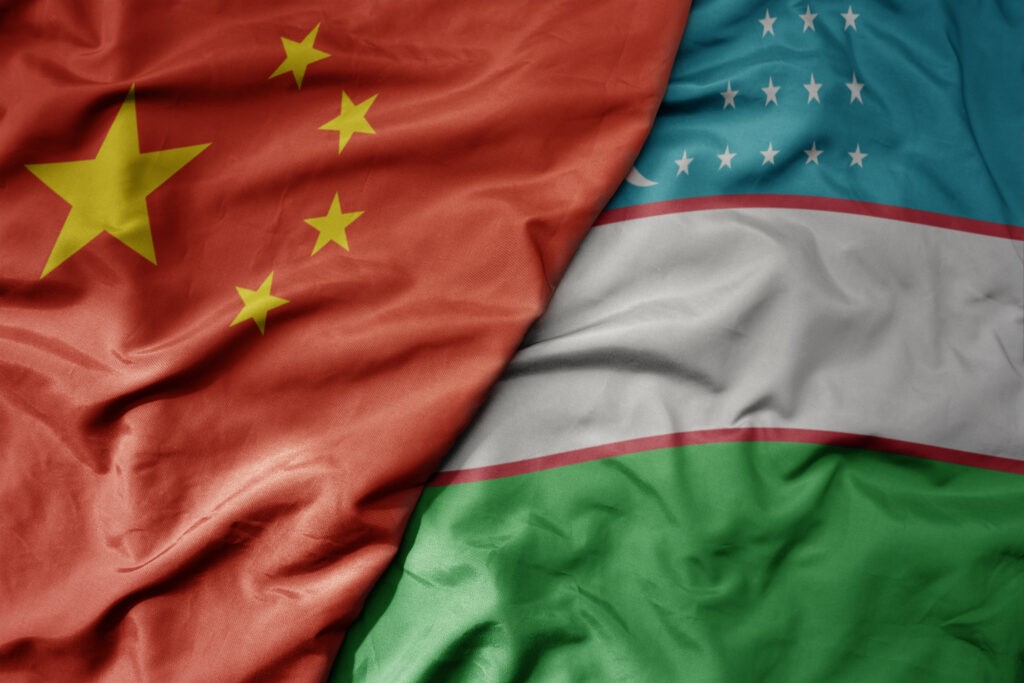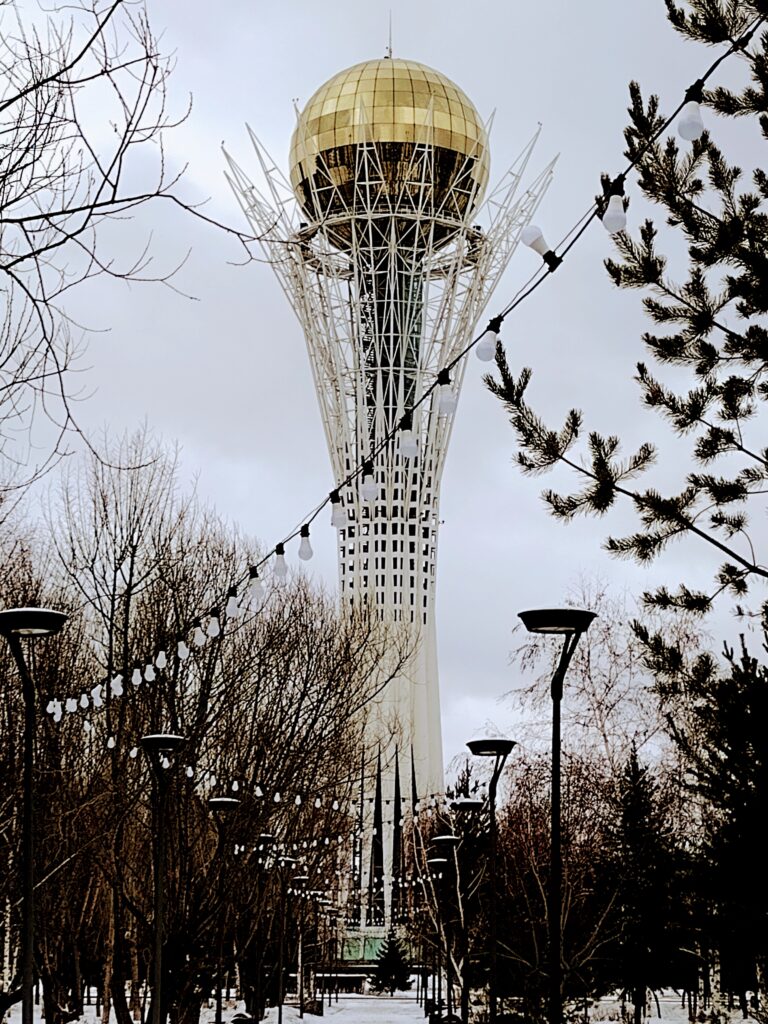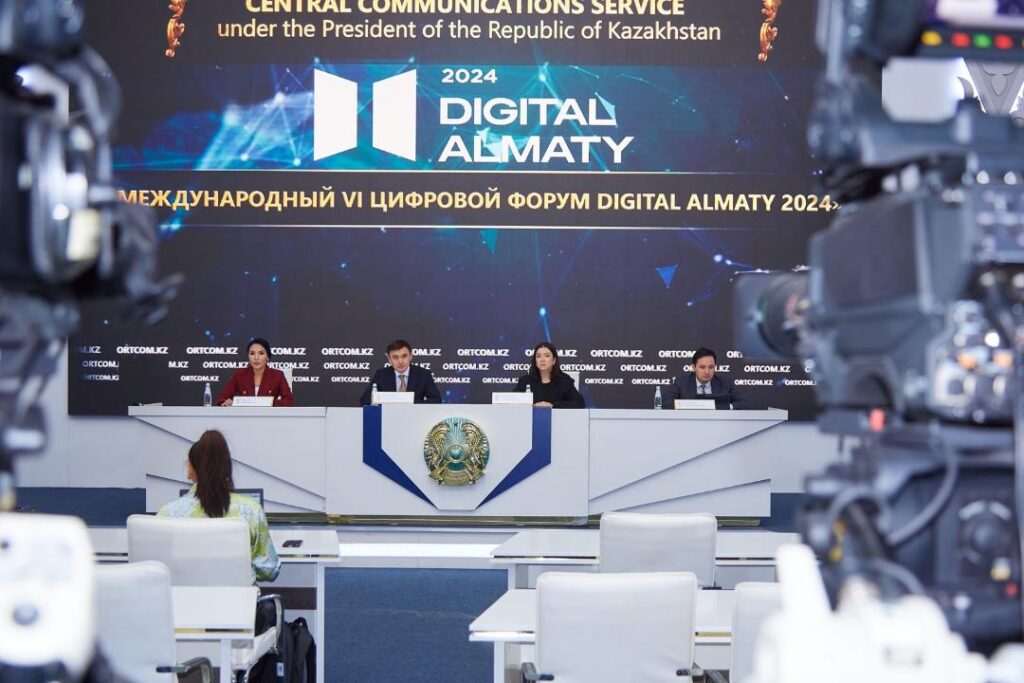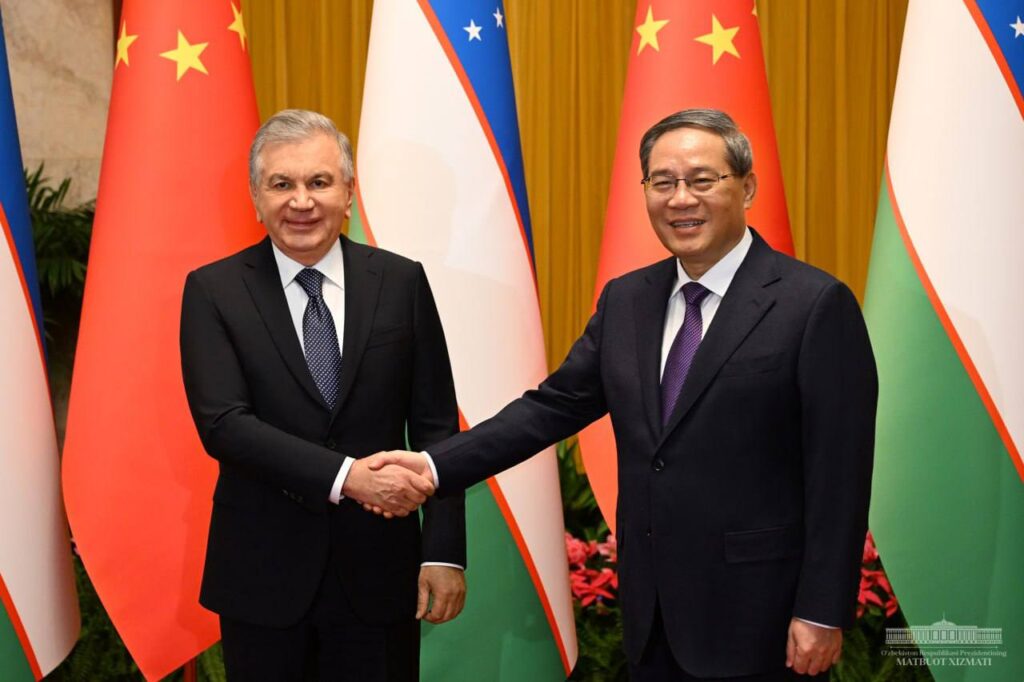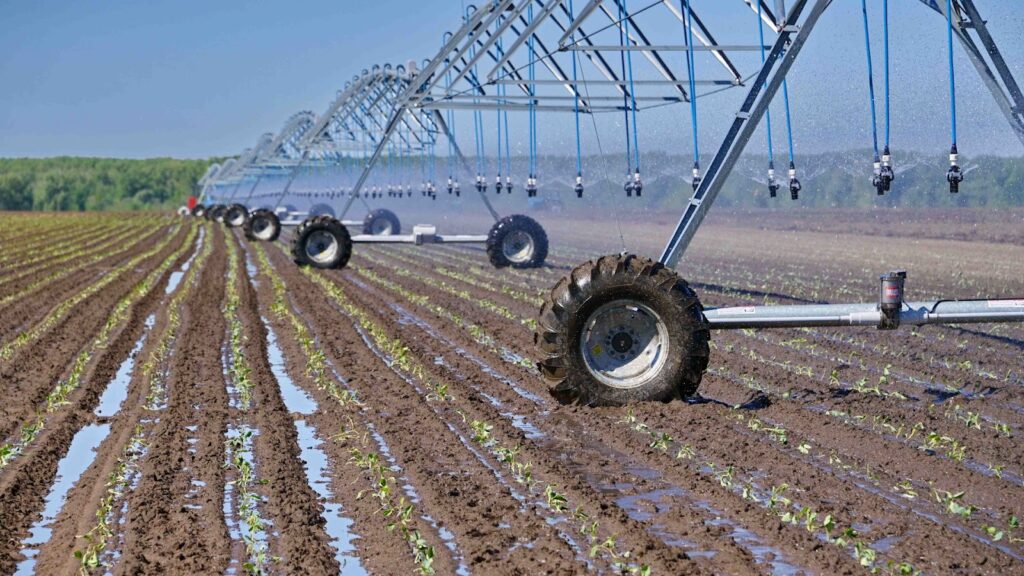President Mirziyoyev Meets Xi Jinping on State Visit to China
Late on Tuesday night, the President of Uzbekistan’s press service reported that the head of state's plane had landed at Shoudou International Airport, where he was greeted by China's Minister of Culture and Tourism, Sun Yeli and other officials. The president's state visit started on Wednesday with a meeting with the Premier of the State Council, Li Qiang, wherein they discussed the expansion of economic interaction, participation of Chinese companies in privatization in Uzbekistan, increasing the number of flights, and other issues. Many important points were raised at the meeting, such as the 50% increase in trade turnover between China and Uzbekistan over the past year, reaching $14 billion, and the volume of Chinese investment in the Uzbek economy exceeding this same figure. The two parties set their sights on making this figure reach $20 billion. As planned within the framework of the state visit, Mirziyoyev also held meetings with a number of major Chinese corporations important for Uzbekistan. Jin Liqun, President of the Asian Infrastructure Investment Bank (AIIB), discussed the expansion of strategic partnership, Dai Houliang, Chairman of the CNPC oil and gas corporation, talked about the implementation of promising projects in Uzbekistan on the construction of underground gas storage facilities and modernization of gas transportation systems, drilling technologies and the training of specialists, and Xi Guohua, head of the Chinese corporation CITIC, discussed the expansion of the portfolio of joint projects. Mirziyoyev also received Wu Fulin, Chairman of the Export-Import Bank of China, to discuss the bank's plan to open a regional office in Tashkent and prepare new promising projects for the development of transport and social infrastructure, industry, and in the private sector. At the main event of the visit, Mirziyoyev and Chinese President Xi Jinping signed a document which was described on President Mirziyoyev’s website as made possible by a "powerful breakthrough in bilateral relations" in recent years. The agreement includes cooperation in the field of environmental protection; technical and economic cooperation; cooperation in the development of human resources; cooperation between state scientific research institutions; cooperation in the field of teaching the Chinese language; a protocol on deepening cooperation on China-Central Asia-Europe railway and the development of cooperation in the field of new electric vehicles; cooperation in the field of poverty reduction; a protocol on further strengthening of scientific and technical cooperation; on cooperation in the field of standardization, etc. The two sides agreed to continue to comprehensively strengthen mutually beneficial cooperation in various fields and further enrich their strategic partnership.
